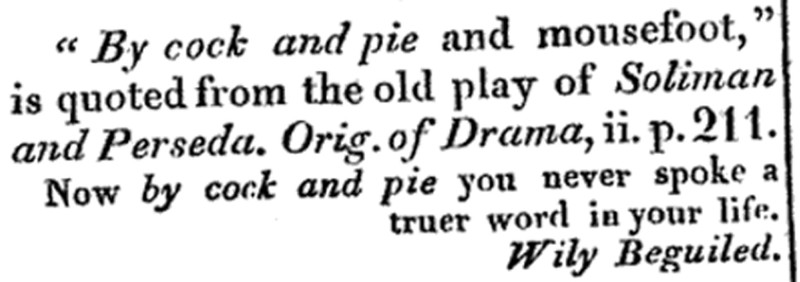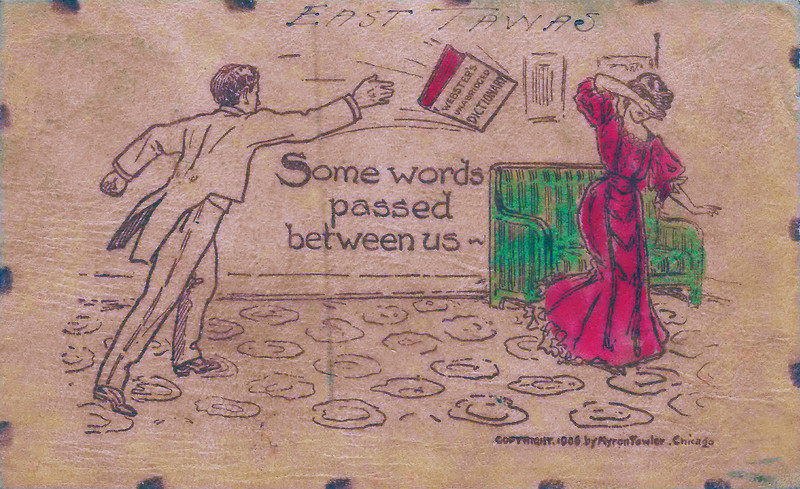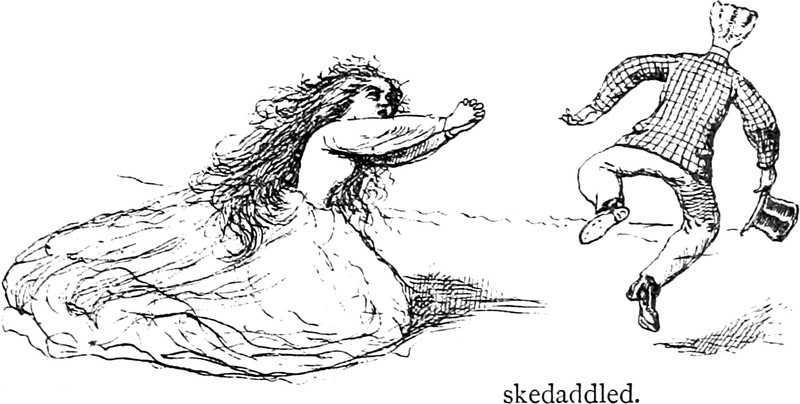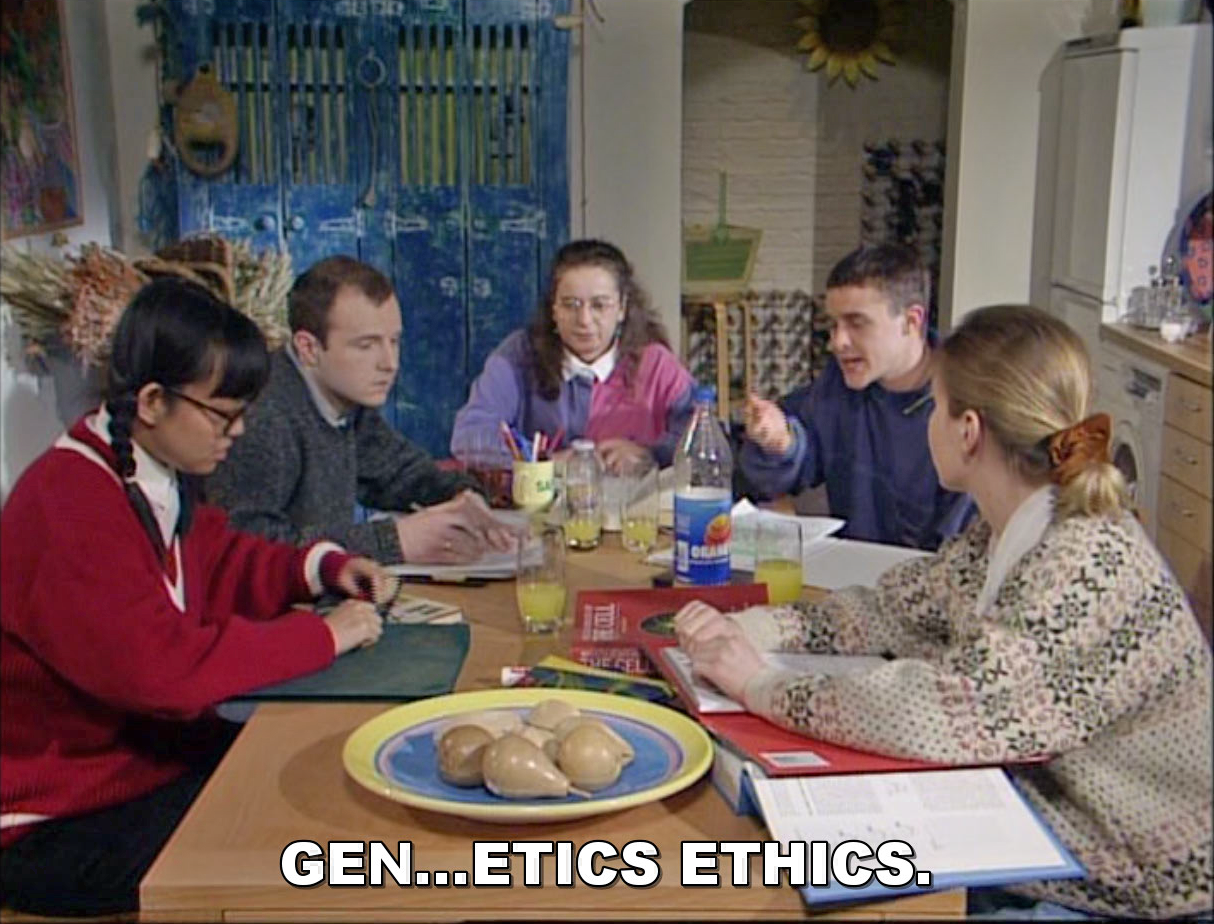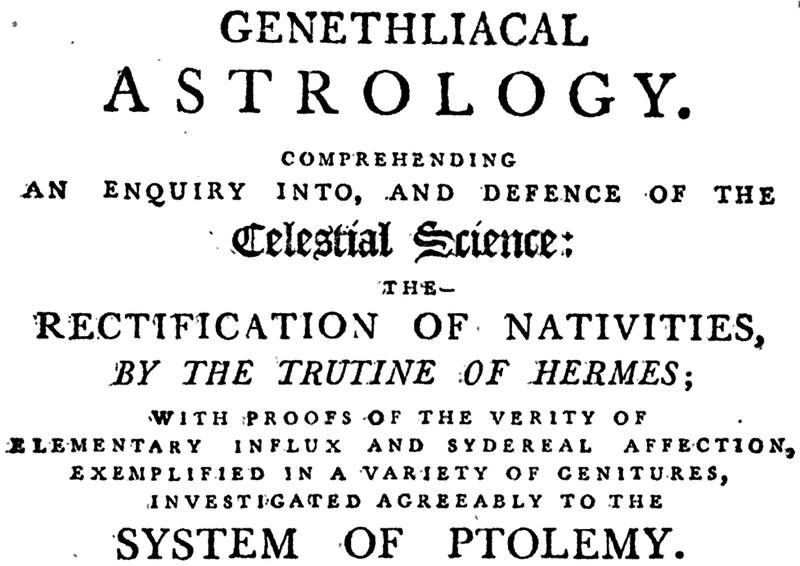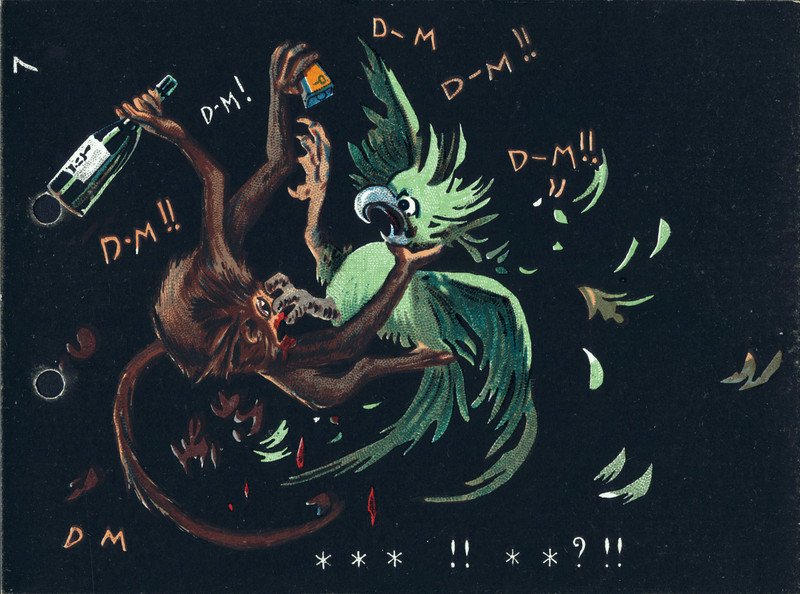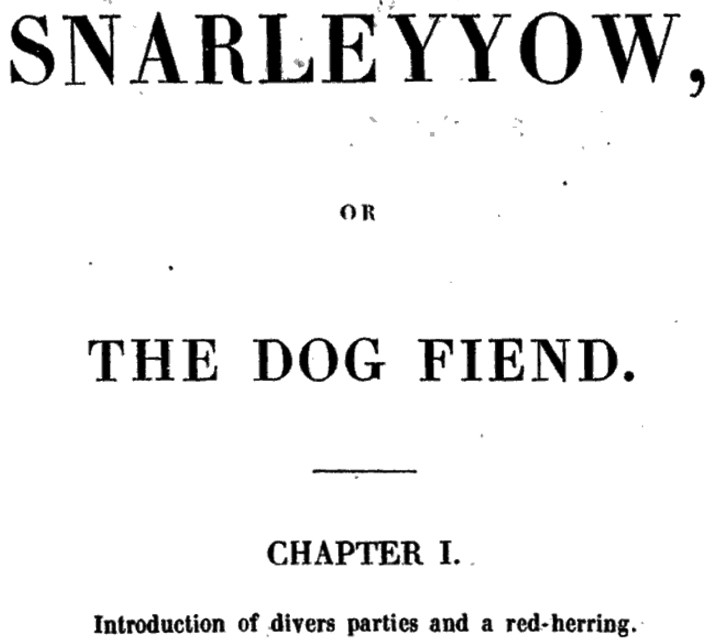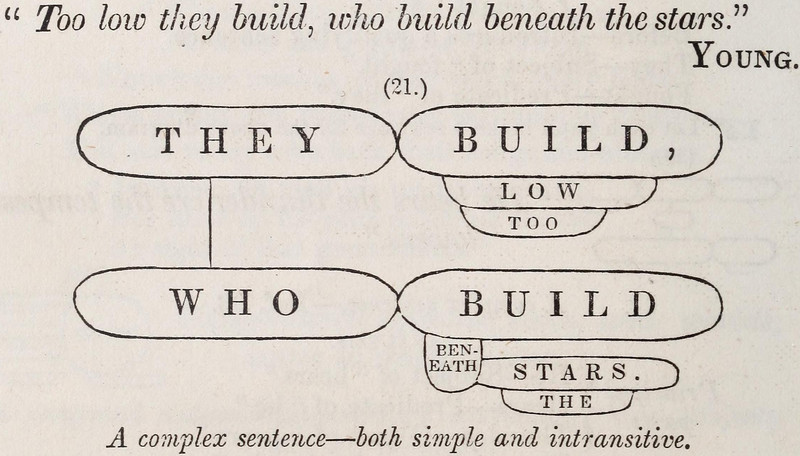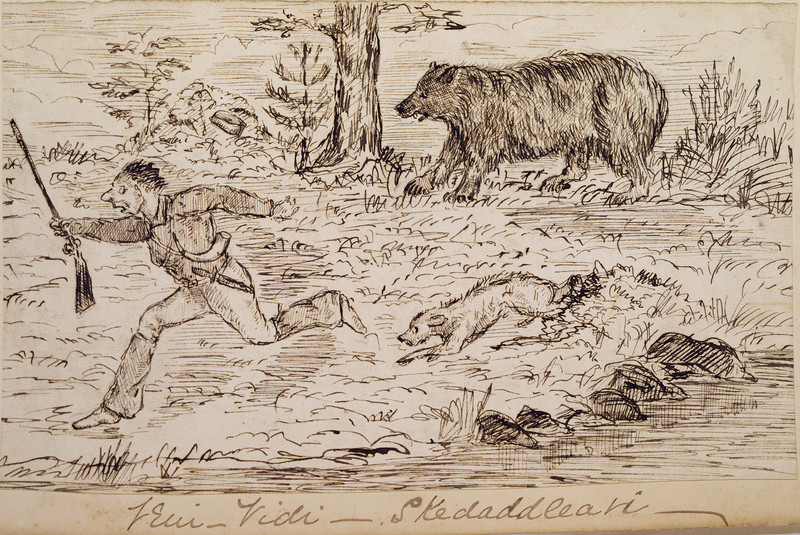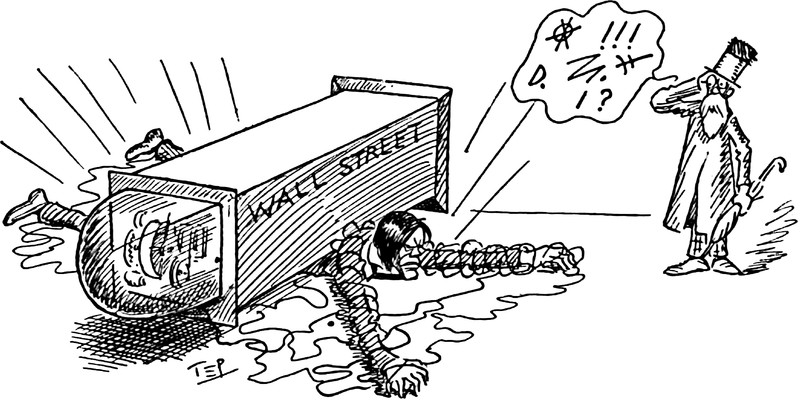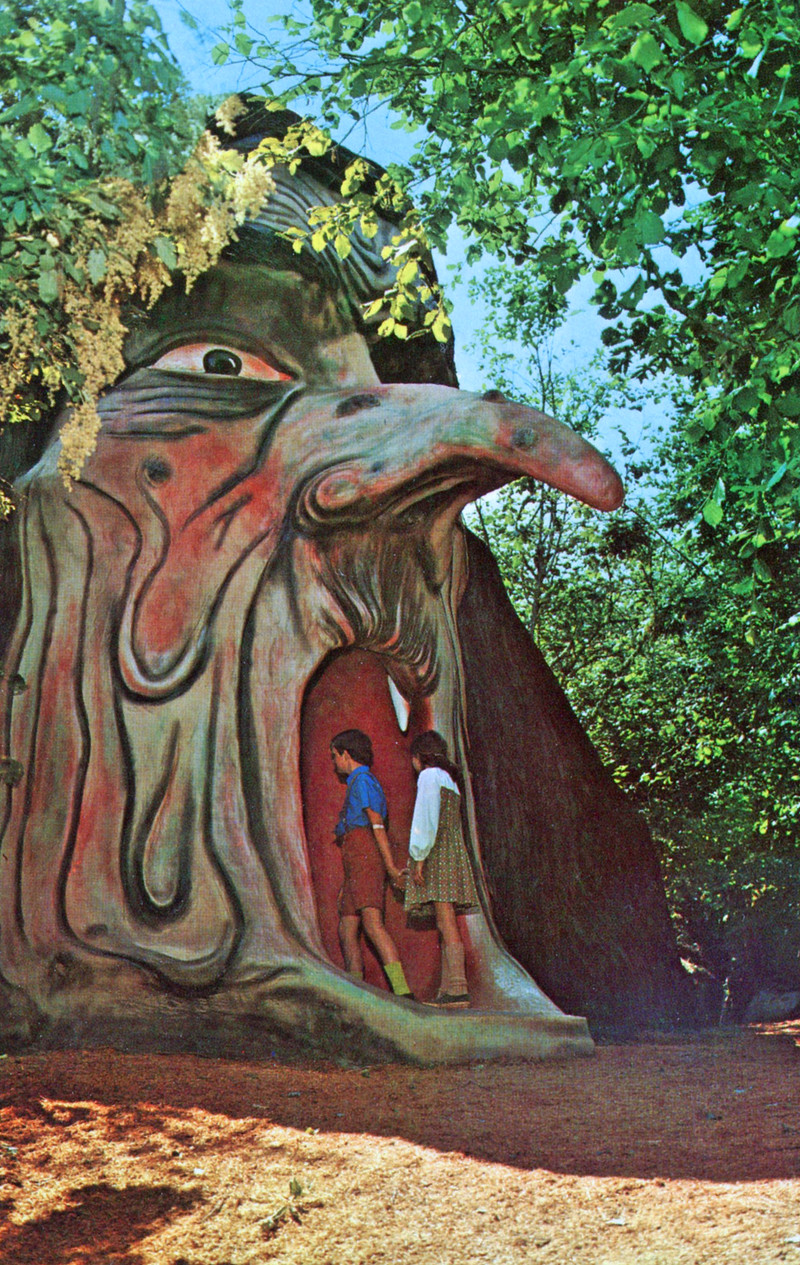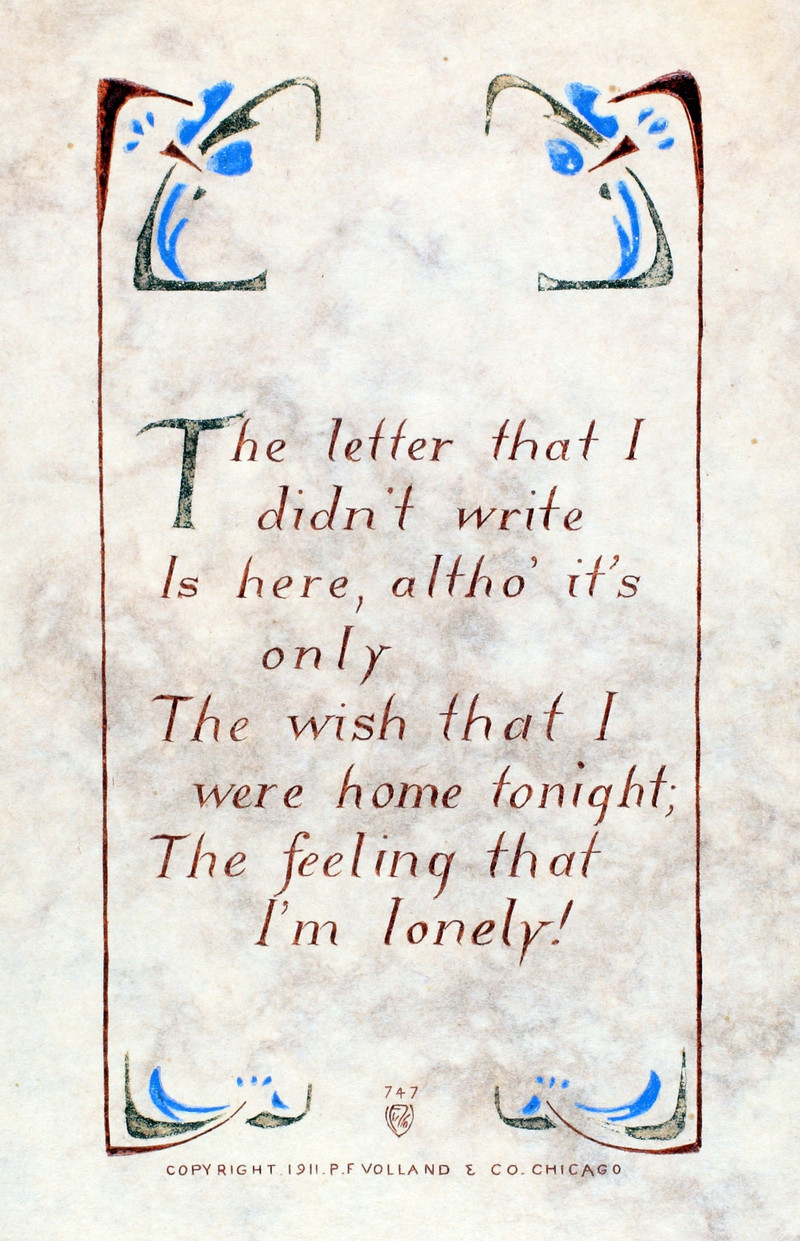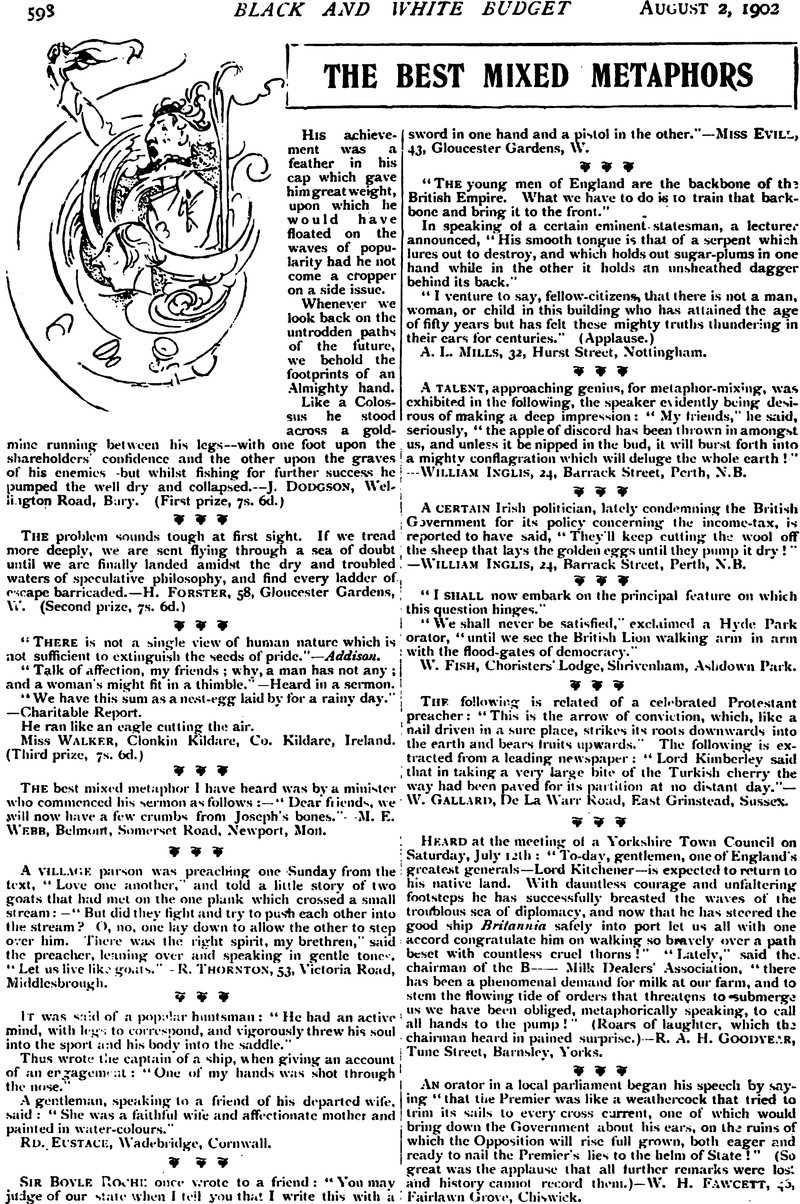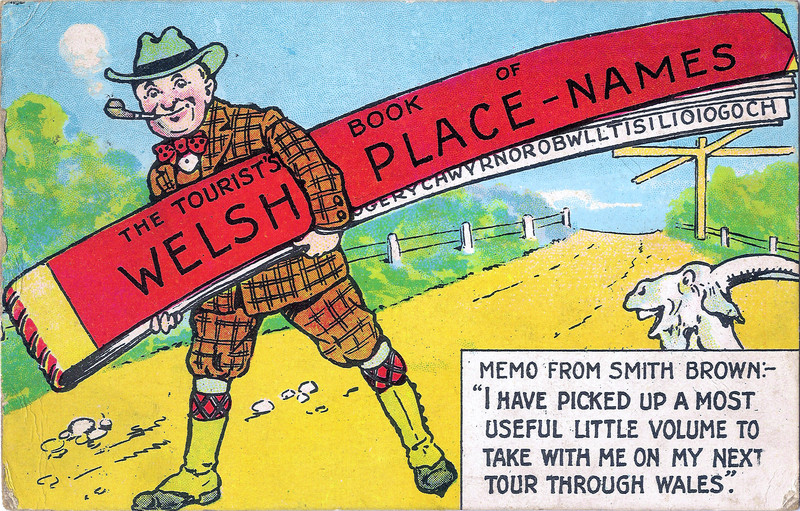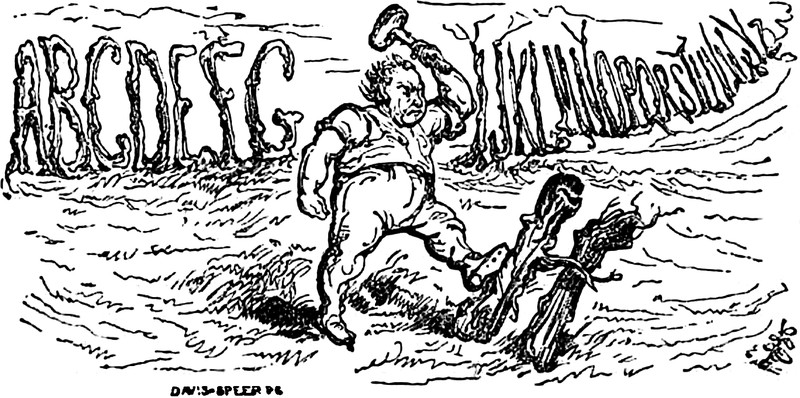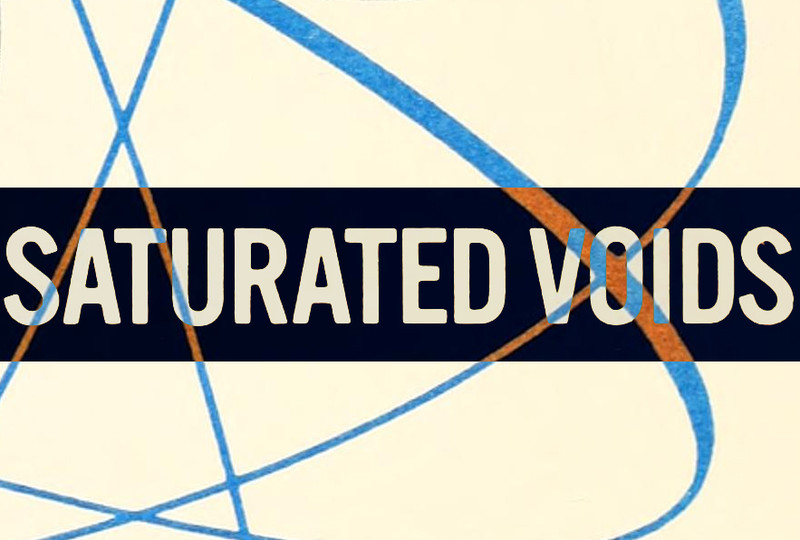

 |
"Some words passed between us." From 1906.
|








 |
|
|
 |
 |
 |
Here's some maledicta from Hearst's Magazine, 1913. How many can you decode? We've translated them as follows:
The circle overlapping an asterisk, followed by three exclamation points, means "asshole."
The D with a period means "damn."
The lopsided M with its four strokes means the four-syllable "motherfucker."
The lopsided H with its long cross stroke is a very cross "Hell."
But what about the I and question mark? We couldn't find a single list of swear words that included any beginning with I. Yet the letter I is in itself a swear word. "'I' is a curse: 'I' is the labeled 'I' of oppression and condemnation. 'I' feels itself superior to other 'I's" ( Lily Splane, "Elegy for the 'I,'" Quantum Consciousness).
|

 |
As Selwyn Eagle has said, "Sometimes the most unlikely sources can be the most useful." Also, we recall that "In a sense 'English' is a bit of a fiction. There is no one English, no one monolithic entity with a fixed, unchanging set of linguistic features. Rather, the label 'the English language' is a convenient shorthand for what is a remarkable assortment of different varieties" (Borjars & Burridge, Introducing English Grammar, 2013).
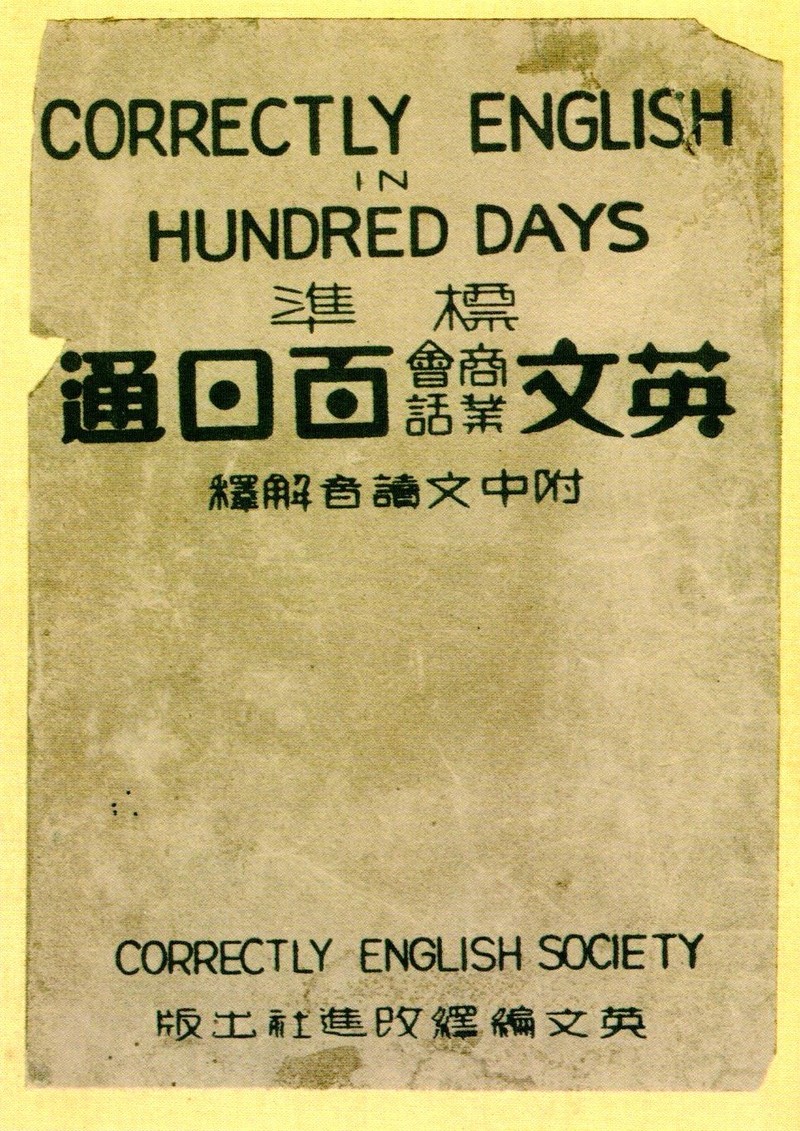
Correctly English in Hundred Days.
|


 |
"The letter that I didn't write is here," altho' it's only a wish. From 1911.
|




 |
|
|
 |
 |
 |
For what this means, see (or course) our very own One-Letter Words: A Dictionary (and though the hardcover is out of print, the e-version remains "out there"). Our illustration is from The Galaxy magazine, 1866.
|

 |
|
|
 |
 |
 |
"Saturated void" is a geotechnical term, but Tim Flohr Sørensen uses it to describe a cemetery:
It may appear rather straightforward to connect cemeteries with the notion of absence. After all, a cemetery is most often seen as a place for the dead, who are frequently conceived as absent, gone, missing or lost. The state of being — or non-being — of the dead is otherwise poorly defined, and may simply be considered a form of "no moreness." At the same time, the cemetery can be said to contain the absent, because it is ordinarily a place where prolonged spatial and material relations to the deceased are allowed to exist as opposed to e.g. a mass grave, where the dead are meant to disappear. ... [Cemeteries are] places of highly complex incorporations of presences and absences. ... [A]bsence is articulated and perceived as an emotional rupture but also as concrete and material voids. Likewise, presence is articulated both as the physical being-there and the feeling of nearness and immediacy in the midst of the fragmentation posed by the death of a relative. ("A Saturated Void: Anticipating and Preparing Presence in Contemporary Danish Cemetery Culture," An Anthropology of Absence)
|


Page 45 of 74

> Older Entries...

Original Content Copyright © 2025 by Craig Conley. All rights reserved.
|



